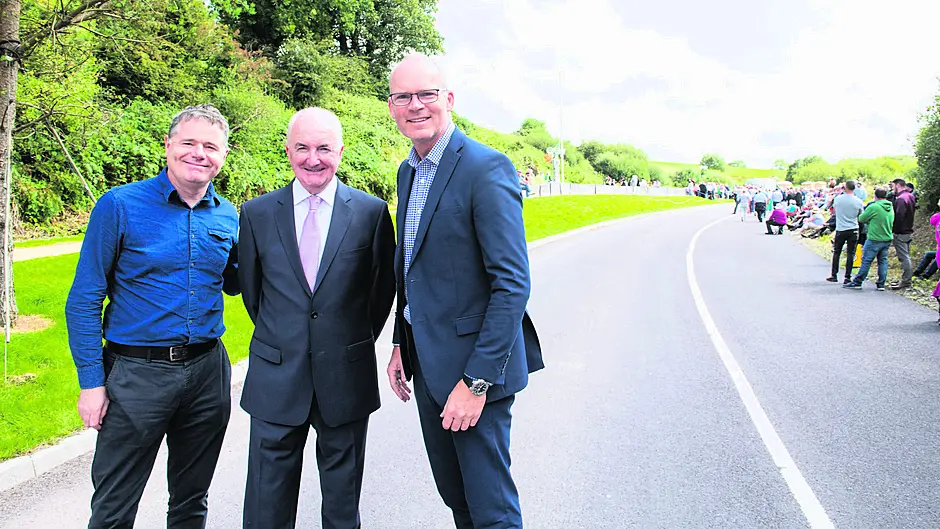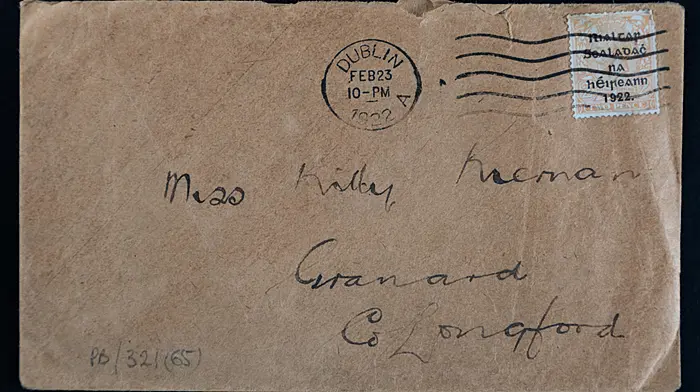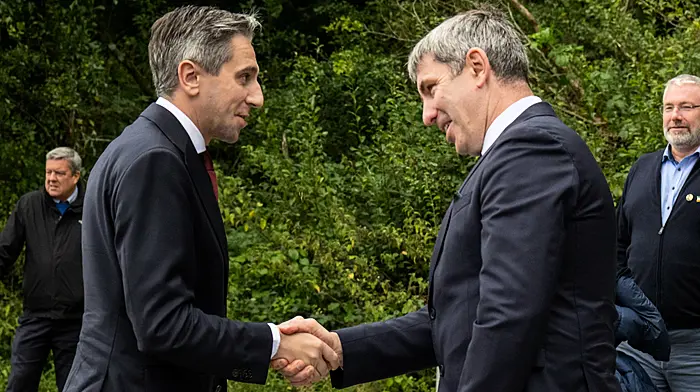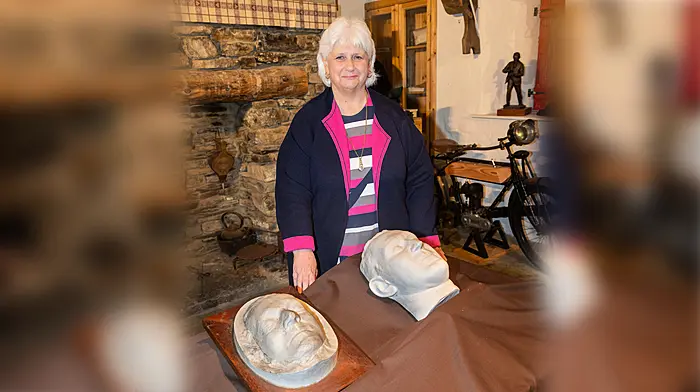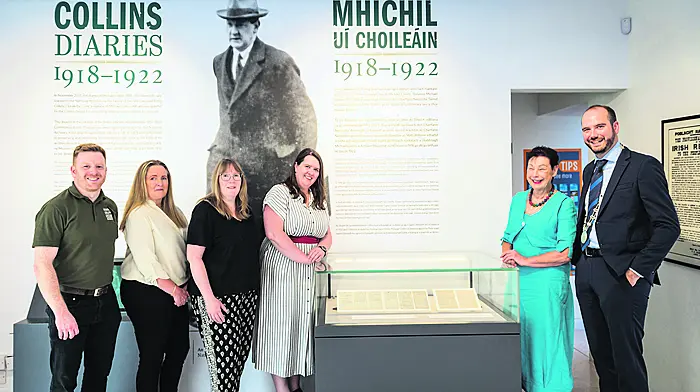IRELAND’S entry into the European Community 50 years ago was our ‘watershed moment in our evolution as an independent state’, said former RTÉ journalist Tommie Gorman, in the keynote speech at the Béal na Bláth commemoration last weekend.
The journalist, who had been invited to address the crowd last Sunday, spoke of the previous year’s ‘powerful example of reconciliation’ at the monument, when the leaders of Fine Gael and Fíanna Fáil came here together.
Mr Gorman said that one of the main attractions of EU membership was that it offered Irish farmers guaranteed prices and markets for their produce. For the agriculture sector, this was a significant improvement, he said. EU membership gave all of us something in common and that chemistry had a role in the successful Good Friday Agreement, he claimed.
‘Just as we didn’t know it at the time that EU membership would help the British-Irish relationship, it would also change it,’ he said.
Britain’s history before EC membership in 1973 and its story since differ from ours, he noted, but said that our status as an English-speaking country, with guaranteed access to EU markets, has enhanced our weight when seeking foreign direct investment.
Referring to General Michael Collins, he said he was a ‘pragmatist’.
‘In conflict he had a ruthless streak to match his adversaries. He was among those who negotiated and then championed the Treaty, knowing it might cost him his life,’ said Mr Gorman.
Referring to the erection of a plaque to commemorate Collins in Islington, London last month, he said it illustrated the potential of British-Irish relations.
‘It is part of Islington’s Irish Trail, that honours the history of the Irish community in the area,’ he added. ‘As a 16-year-old Collins went to London from Cork in 1906 and got a job as a post office clerk. It was a city where emigrants, Irish included, were not always welcomed. It was also where, at times, during our lifetime, Irish men and women planted bombs whose victims
included civilians. Our past happened. It should not be denied or glossed over. But now is different and the future can be better,’ he said.
Last year Ireland reached an important milestone, said Mr Gorman. For the first time since the Famine, the island’s population is above 7 million. ‘It is absurd to suggest that Ireland is full,’ he said. ‘But it is a different question to ask is it adequately prepared for growth.’
He said there are worrying signs that we are struggling to adjust to our new circumstances. ‘The housing situation is an obvious example. We are supposedly one of the richest places in the world. We have peace. We have space. We have resources, including the untapped potential of wind and wave around us.’
Referring once more to Collins, the journalist said that the Clonakilty man had been travelling around his home county just before his death in 1922. ‘His final line in a letter, dated Cork, 3.30pm, on 20th August, was ‘the people are splendid.’

